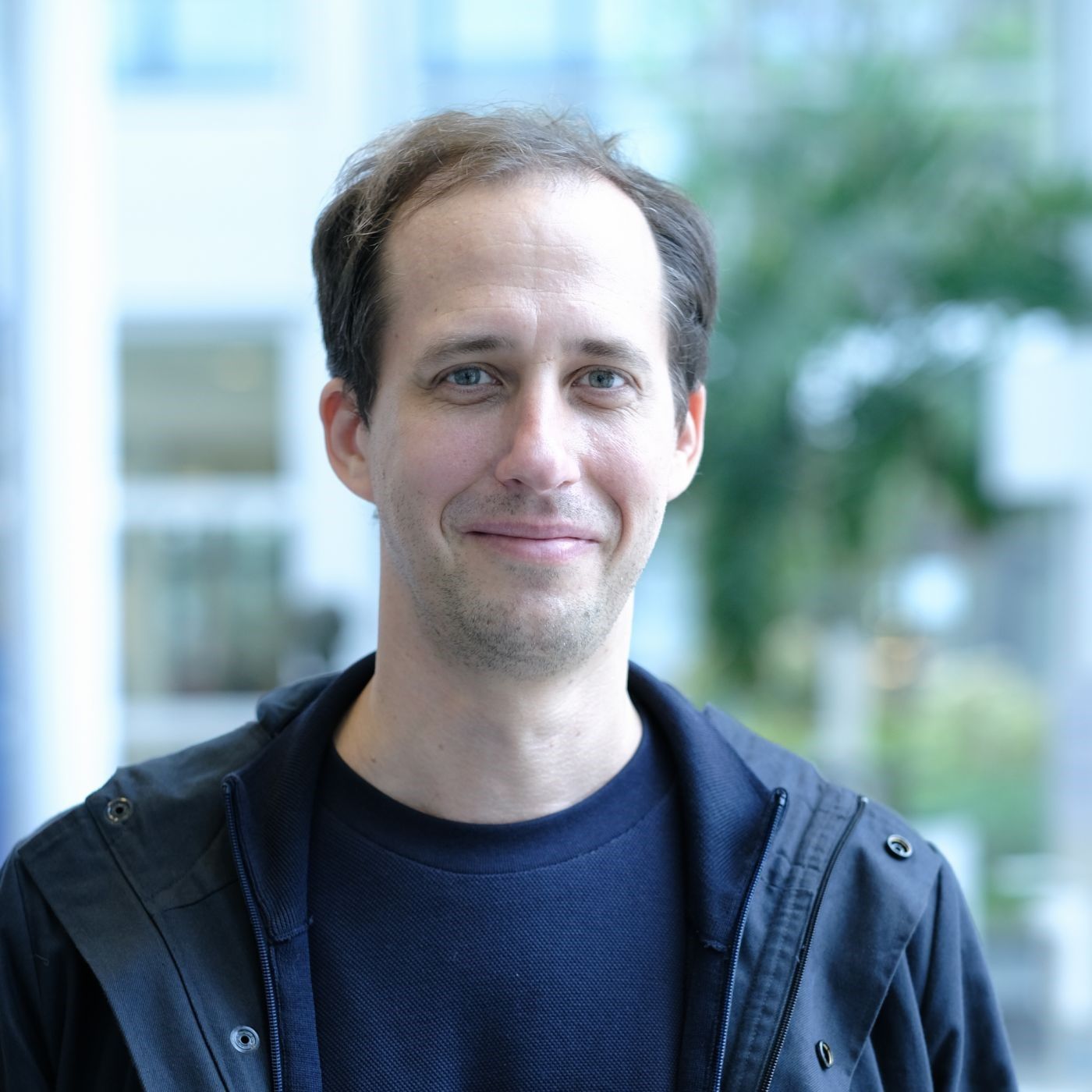Here you can find detailed profiles of DKTK faculty members with programm specification and research focus in the Researcher Database. Find contacts of all DKTK scientists at the DKTK intranet
Researcher Database

Prof. Dr. David Capper
Charitéplatz 1
10117 Berlin
Program
Molecular Diagnostics, Early Detection, and Biomarker Development (MDEB)
Summary
David Capper has recently taken up a new position as associate professor for molecular Neuropathology at the Charité Universitätsmedizin Berlin and has joined the faculty of the DKTK. His research focuses on the Pathology and genetics of adult and pediatric tumors of the central nervous system with a special focus on the development of specific diagnostic markers ("mutation-specific monoclonal antibodies") and classification of brain tumors by genome-wide analysis of DNA methylation patterns. He has extensive experience in coordinating the central pathology of national and international clinical trials such as the INFORM register study. He is member of the “Consensus and Editorial Meeting Working Group” for the Update of the 4th edition of the WHO Classification of Tumours of the Central Nervous System and of the ciMPACT group. As part of the DKTK he will promote the construction of a pipeline for the analysis of tumor methylation patterns, which influence the genetic activity of tumor cells.